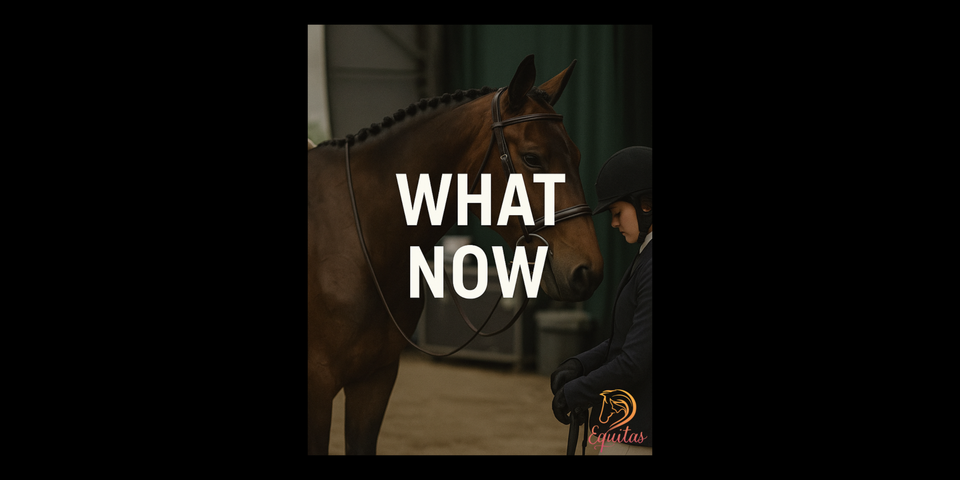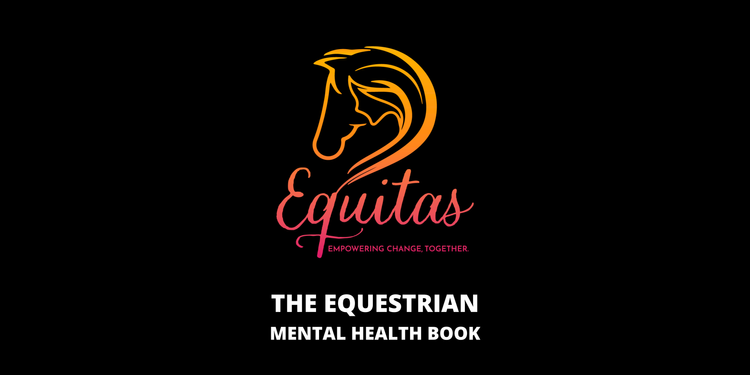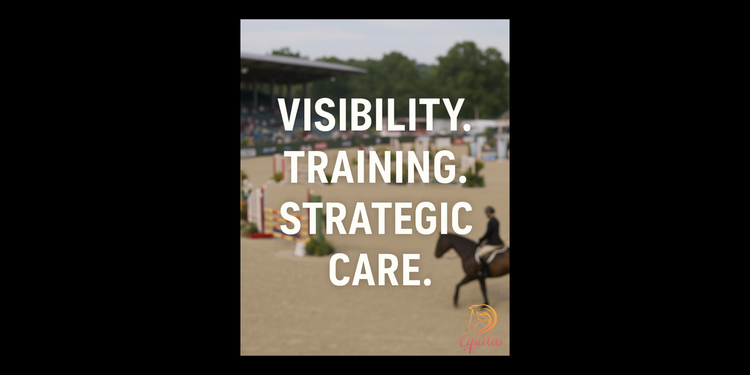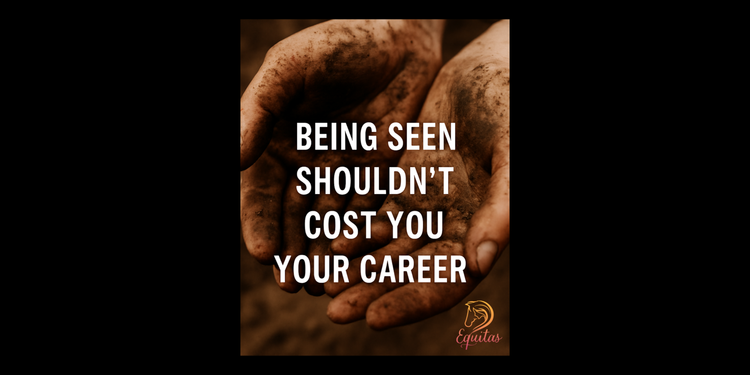Not Just Awareness: Equestrian Mental Health Support in Practice

In recent years, various mental health initiatives have emerged within the equestrian industry. While these efforts signify progress, the availability and consistency of support remain uneven across different regions and sectors.
Ireland
Equuip, the education and welfare division of Horse Racing Ireland, offers an Industry Assistance Programme (IAP) providing confidential support to individuals in the Irish racing and breeding industry. Services include:
- Access to counselling for emotional issues.
- Legal and financial information.
- Bereavement support.
- Medical information.
The IAP is available 24/7 through Health Assured, ensuring support is accessible at all times. Additionally, Equuip conducts certified wellbeing workshops on topics such as mental health awareness, suicide awareness, and resilience, aiming to promote mental health within the industry.
United Kingdom
In the UK, several organisations provide mental health support:
- Riders Minds offers 24/7 mental health support, self-help tools, and professional counselling tailored to equestrian needs.
- Grooms Minds and Employers Minds, under the British Grooms Association, provide resources for stable staff and employers.
- Racing Welfare operates a 24-hour support line (0800 6300 443) and offers services including counselling, financial advice, and housing support.
These programmes are visible and integrated within certain sectors, particularly racing, but access may vary for those outside these areas.
United States
The Horseracing Integrity and Safety Authority (HISA), in collaboration with the Jockeys’ Guild, launched a nationwide mental health counselling programme in 2023. This initiative provides:
- Access to trained mental health professionals.
- Crisis intervention.
- Referrals to long-term or specialist services.
This programme reflects a shift towards recognising mental health as a component of athlete welfare.
Australia
Racing Victoria offers a Jockey Assistance Program that includes:
- Confidential counselling services.
- Referrals to dietitians, physiotherapists, and financial advisors.
- Support during injury, retirement, or disciplinary actions.
This model integrates mental health into overall wellbeing support.
Moving Forward
While these initiatives demonstrate progress, challenges persist:
- Support is often limited to specific sectors, particularly racing.
- Accessibility varies, with some individuals unaware of available resources.
- There is a lack of a unified, global framework for mental health support in equestrianism.
To address these issues, the industry could consider:
- Standardising psychological support across all equestrian disciplines.
- Ensuring visibility and accessibility of mental health resources at events.
- Committing to long-term funding and support for existing programmes.
Equitas has developed the Equestrian Mental Health Booklet, a free resource aimed at bridging the gap between recognising mental health issues and knowing where to seek help. It is available at www.equitas.ie

In the next article, we will examine the circumstances surrounding the cancellation of the Equestrian Mental Health Summit and its implications for the industry's approach to mental health.





